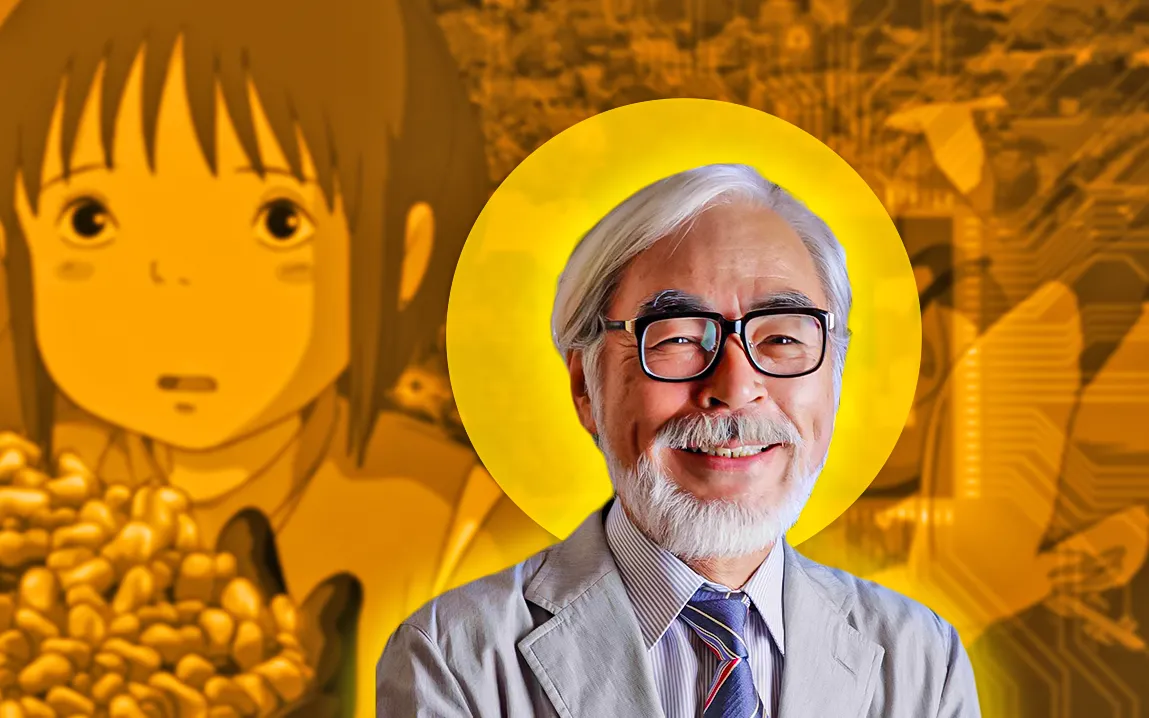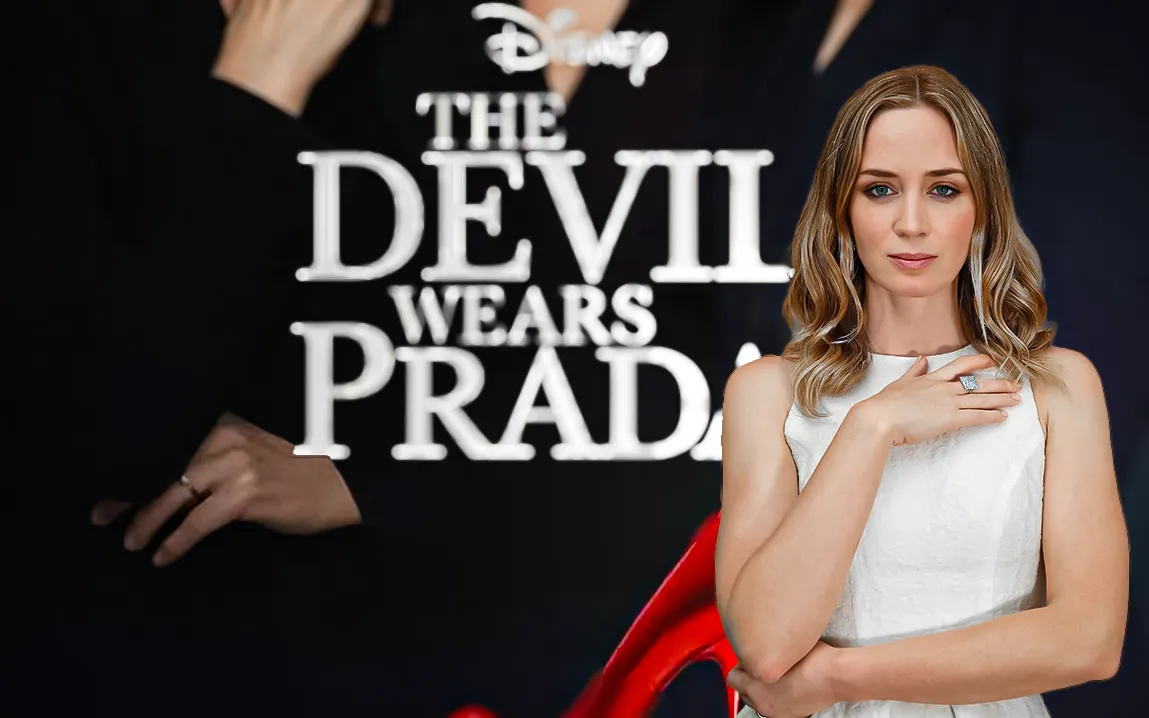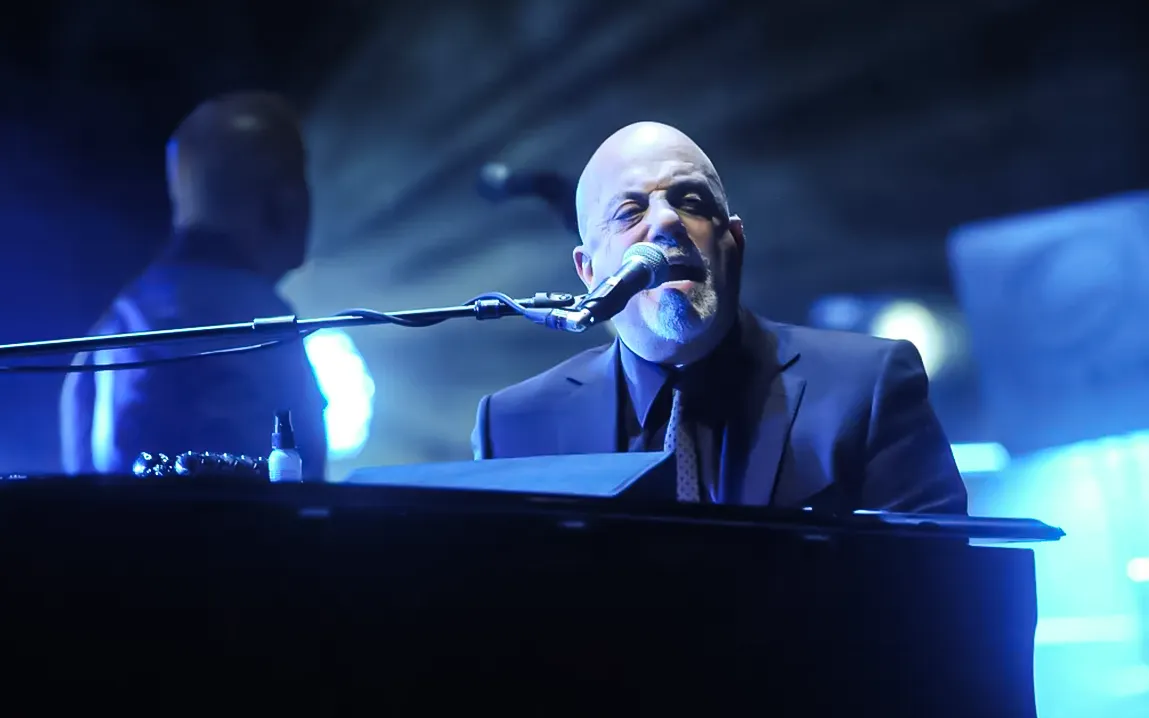What started as a fun new tool quickly became one of the most talked-about tech stories of the year. On March 25, OpenAI released a feature that lets people turn their regular photos into beautiful images that look like scenes from Studio Ghibli movies, like Spirited Away or My Neighbor Totoro.
The results were good. Within hours, social media was flooded with dreamy, animated versions of selfies, vacation photos, and even pets. People loved it. OpenAI CEO Sam Altman bragged that they had gained one million users in just one hour, and he also joined this ongoing Ghibli trend.
But Not Everyone’s Happy
While many saw it as a fun way to honor Ghibli’s magical style, others saw it as a serious problem. That’s because Studio Ghibli’s films were made with thousands of hours of hand-drawn animation by legendary director Hayao Miyazaki, someone who’s been strongly against AI in art.
Back in 2016, Miyazaki said, “I strongly feel this is an insult to life itself.” So imagine how weird it must feel to see an AI imitate his style with just a few clicks.
Artists and Creators Clap Back
Big names in the animation world started speaking out. Alex Hirsch, creator of Gravity Falls, slammed Altman for using Ghibli’s name and style to promote the tool without permission.
“Wow, congrats! Using Ghibli’s work to train your model and Ghibli’s name to promote it really helped you generate huge revenue!” he wrote sarcastically.
Even GKIDS, Ghibli’s U.S. distributor, joined in. While announcing an IMAX re-release of Princess Mononoke, they subtly shaded AI by saying, “In a time when technology tries to replicate humanity, we are thrilled that audiences still value real, hand-drawn cinema.”
Hollywood Studios Are Quiet—For Now
This AI boom comes as Hollywood struggles to figure out what to do with artificial intelligence. Some studios are reportedly talking to OpenAI about possible partnerships. Most haven’t said anything publicly and are possibly waiting to see if it’s better to join in or fight back.
Meanwhile, OpenAI is already facing a lawsuit from The New York Times for allegedly training its chatbot on the newspaper’s content without permission. The Ghibli case could add more fuel to that fire.
What This All Means
People love Ghibli’s art. That’s clear. But this trend also shows how we now want everything customized for ourselves, even something as sacred as hand-drawn anime. And while that may seem fun, it also shows how easy it is to replace real art with AI copies.
The biggest concern is if studios follow this path, original creativity could be pushed aside for fast, automated content. AI is moving fast, and the film industry might be too overwhelmed or too tempted to stop it.
As in one of the Oscar-winning Ghibli films, Spirited Away, there’s a warning here. In the film, Chihiro is told not to forget her name, or she’ll lose who she is. That warning feels just as real now, for Hollywood, for artists, and maybe for all of us.



